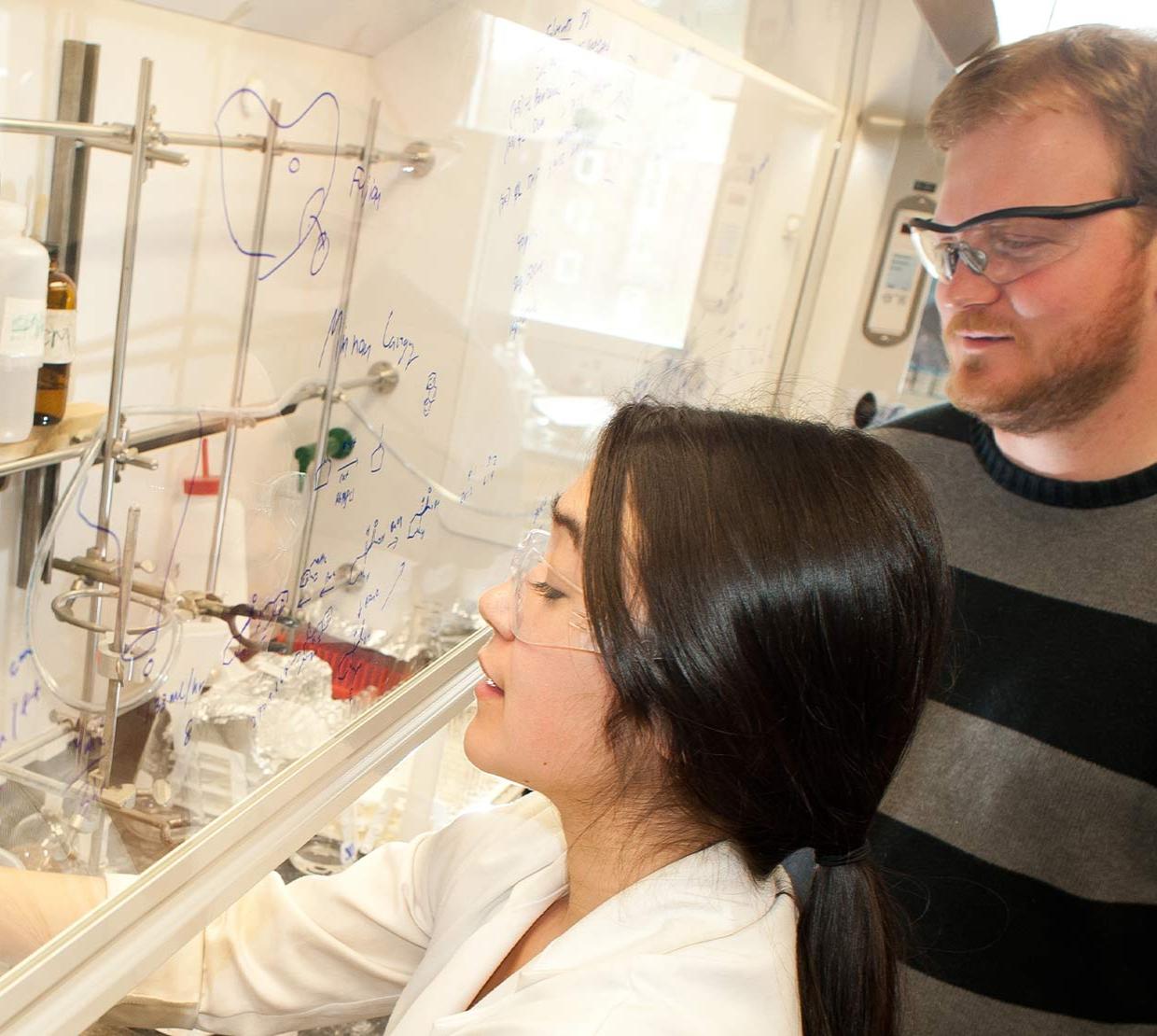The tough challenges the world faces in the 21st century demand collaborative, multi-disciplinary solutions and radical innovation. Whether it happens in the laboratory, out in the field or in the classroom, College of Science faculty and students are working to envision what is possible through research and inspired problem-solving.
With a history of turning groundbreaking discoveries into high-value solutions for society, the College of Science is strengthening pathways for scientists and partners to develop their ideas into solutions to address pressing problems.
One way it is doing this is by providing seed funding through the Science Research and Innovation Seed (SciRIS) Program to research projects that are high-impact, collaborative and cut across disciplines. Launched in 2018, SciRIS program provides three tiers of funding: $10,000, which funds research planning, team formation and initial experiments; $75,000, which supports a research project to develop a proof of concept; and $125,000 to accelerate work toward or commensurate with an external funding opportunity.
Two multidisciplinary research teams recently received SciRIS funds in late 2020. Microbiologist Maude David, along with biochemist Kenton Hokanson and Kathy Magnusson from OSU’s Carlson College of Veterinary Medicine received $75,000 for a project entitled “An integrative investigation of the role of the gut-brain axis on sex differences in anxiety.”
Though anxiety disorders manifest differently in men and women, the biological mechanisms underlying the sex-specific presentation of such disorders remain unexplored. The team’s research will integrate functional, molecular and behavioral data to identify the role of specific bacterially-produced metabolites that are linked with anxiety in humans. They hypothesize that the metabolites produced by the gut microbiome help establish the sex differences observed in the prevalence and severity of anxiety disorders.
Professor of chemistry Chris Beaudry and Victor Hsu, associate professor of biochemistry, along with cancer researcher Siva Kolluri in the College of Agricultural Sciences received $125,000 for their project entitled “Homoharringtonine: Chemical Synthesis and Evaluation of Designed Analogs.” The group is researching the analogs of Homoharringtonine (HHT) with improved pharmaceutical properties. HHT is a plant alkaloid isolated from the plum yew Cephalotaxus harringtonii.
HHT is showing great promise as a starting point for the development of new medicines for multiple forms of cancer, however it is highly expensive and difficult to acquire both as a chemical and as a medicine. Among other objectives, the group is working on creating an efficient chemical synthesis of HHT which quadruples the chemical yield, and can be used for investigation in combination therapies and evaluation in modern drug delivery systems.




